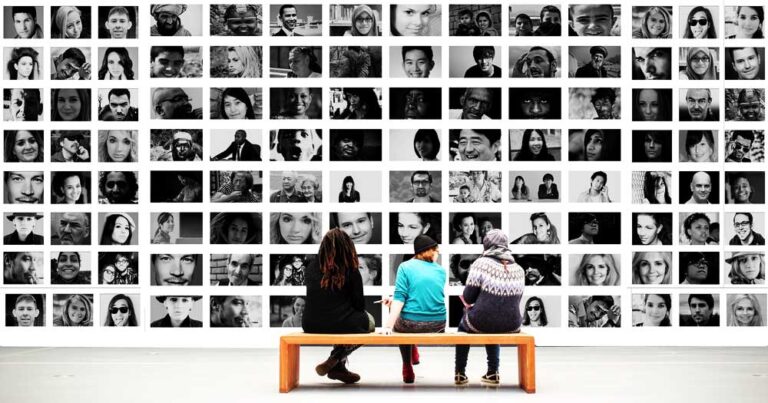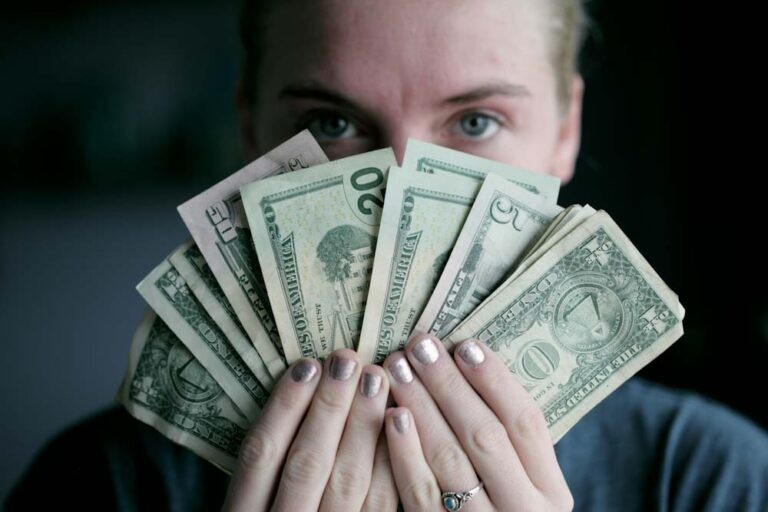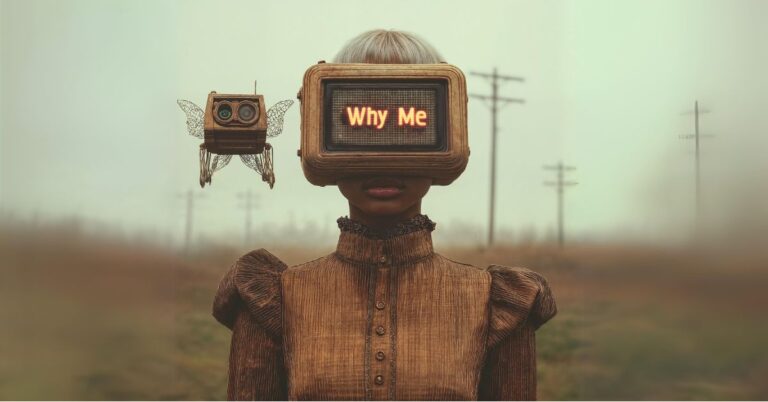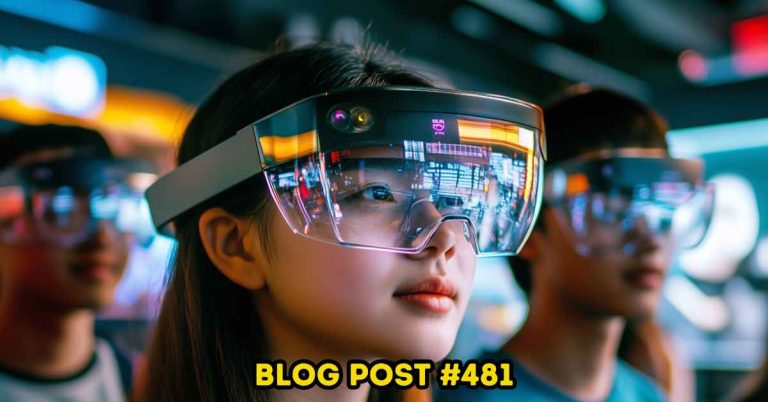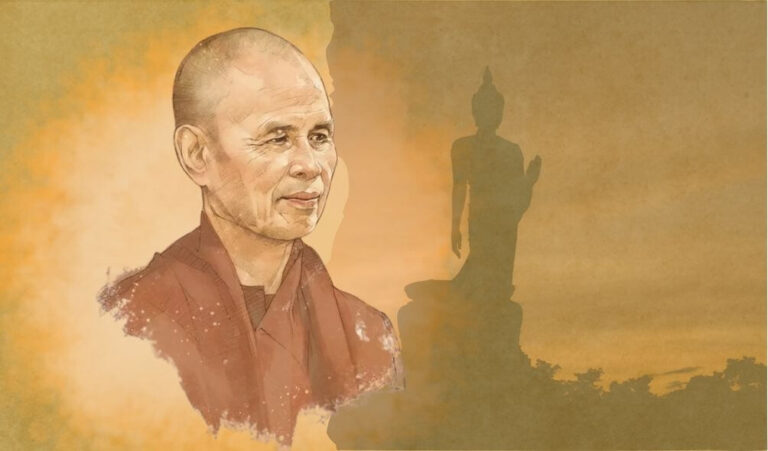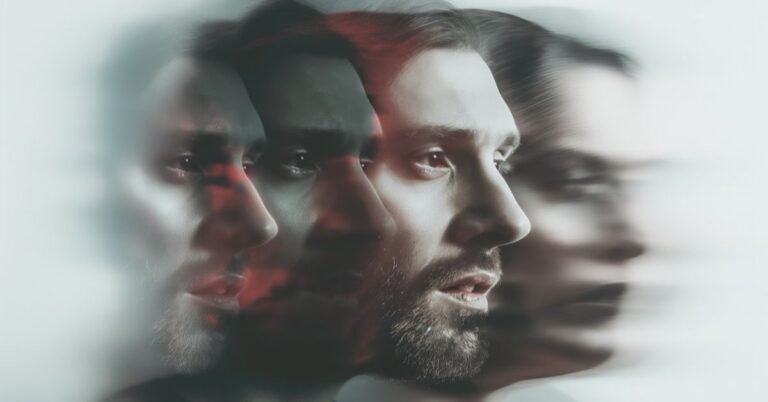
Yesterday, I went to see Barbie (2023) the movie, and naturally I’ve heard a lot about it. After all, everyone is saying that it is a good movie, which is unsurprising since it generated over $537 million dollars and appeared in virtually every social media feed I’ve seen.
However, not everything famous is good, and there are plenty of notorious products on the market today, so is Barbie also a case of this? Well, the gray area (or should I say pink area?) is that this movie is both empowering and depressing for both women and men.
For women, Barbie throws well-known negative stereotypes in their faces and shows them what the world could be like if it were a more egalitarian and matriarchal society. Examples include the entire board of directors at Mattel, Inc., the company that owns and manages the rights to Barbie, being male, catcalling, and even a man slapping Barbie on her behind. So, the most depressed people are those who already realize the unfairness of the situation, seeing that the unfairness of today’s world is thrown back at them. However, there is also empowerment for women who get inspired by seeing what is possible.
On the male side, empowerment comes from the realization that patriarchy is definitely a strong benefit that men are enjoying today, while the depression comes from the realization that it is unfair, plus the male-shaming that follows from women who are unhappy due to this unfairness.
In this way, Barbie clearly depicts a stereotypical gender war, where both sides see each other as enemies and act accordingly. They often forget that while there are differences between different Barbies and Kens, they are actually on the same team and need each other to feel complete. So, despite these differences, genders should support and empower each other, as both genders are happiest when their partners are also happy.
Certainly, with Barbie, we are discussing gender differences and the gender war. However, there are many other significant differences between people that cause discontent, such as socioeconomic status (poor vs rich), race (white vs blacks vs browns), sexual orientation (straight people vs LGBTQ), nationalities (country vs country), and other interpersonal relationships (e.g., neighbor vs neighbor).
So, while the Barbie movie brings out gender differences and calls for a more egalitarian society, we shouldn’t forget that this is only one part of the puzzle. We should strive to address the entire puzzle of possibilities as much as possible to truly create a happy society built around the principles of utopia and happiness, a world where today “is the best day ever. So was yesterday and so is tomorrow and every day from now until forever.”








